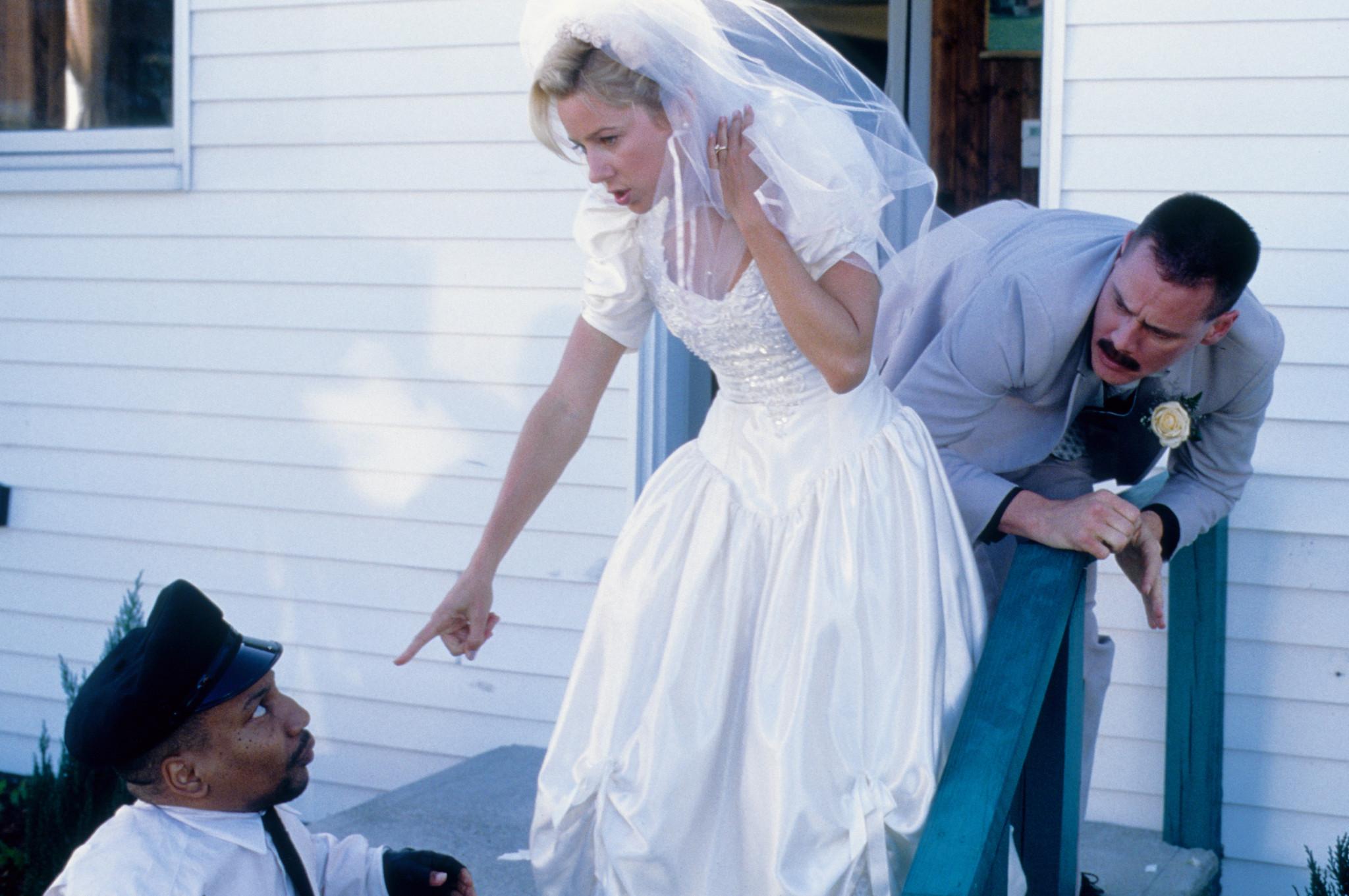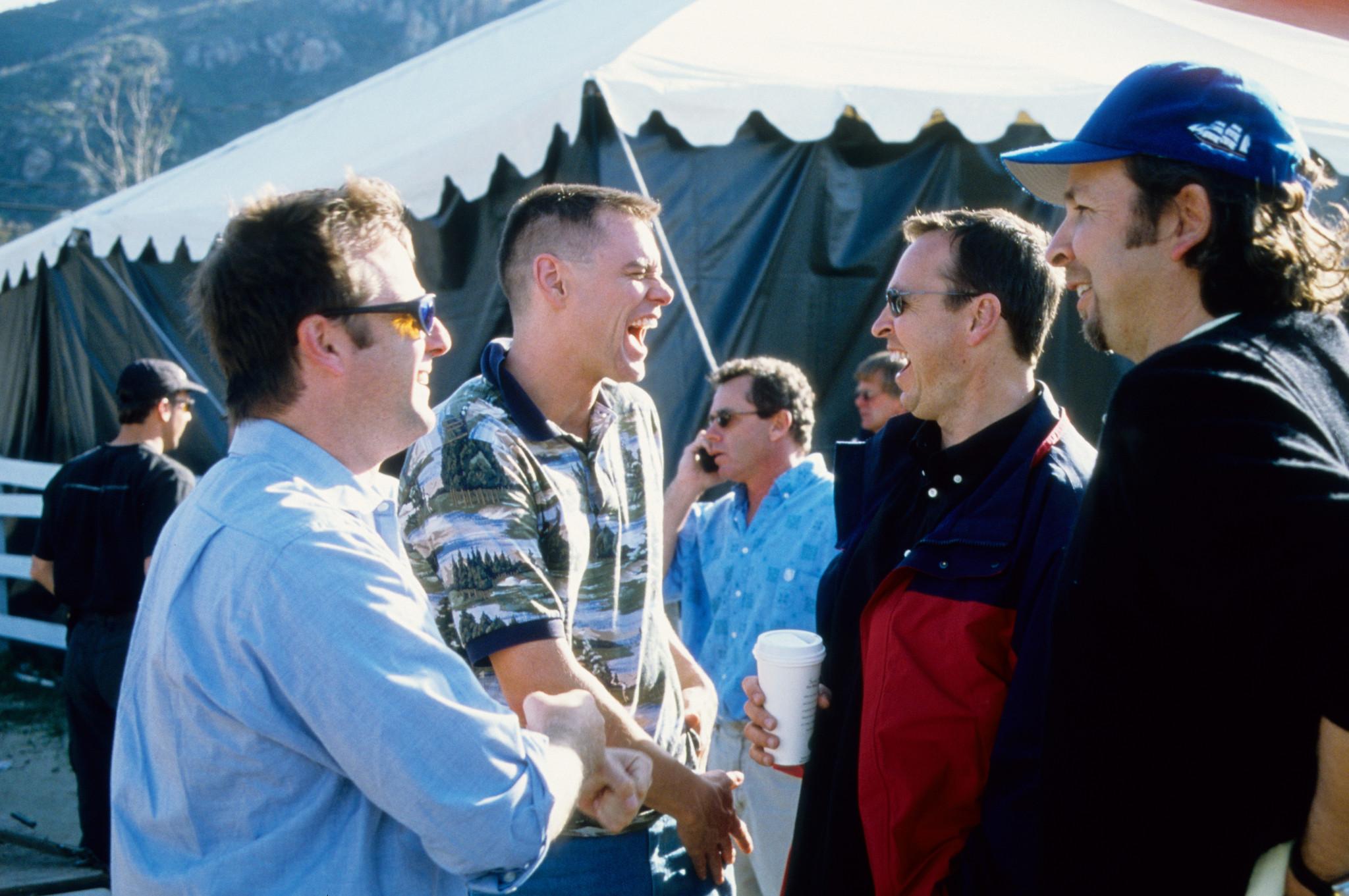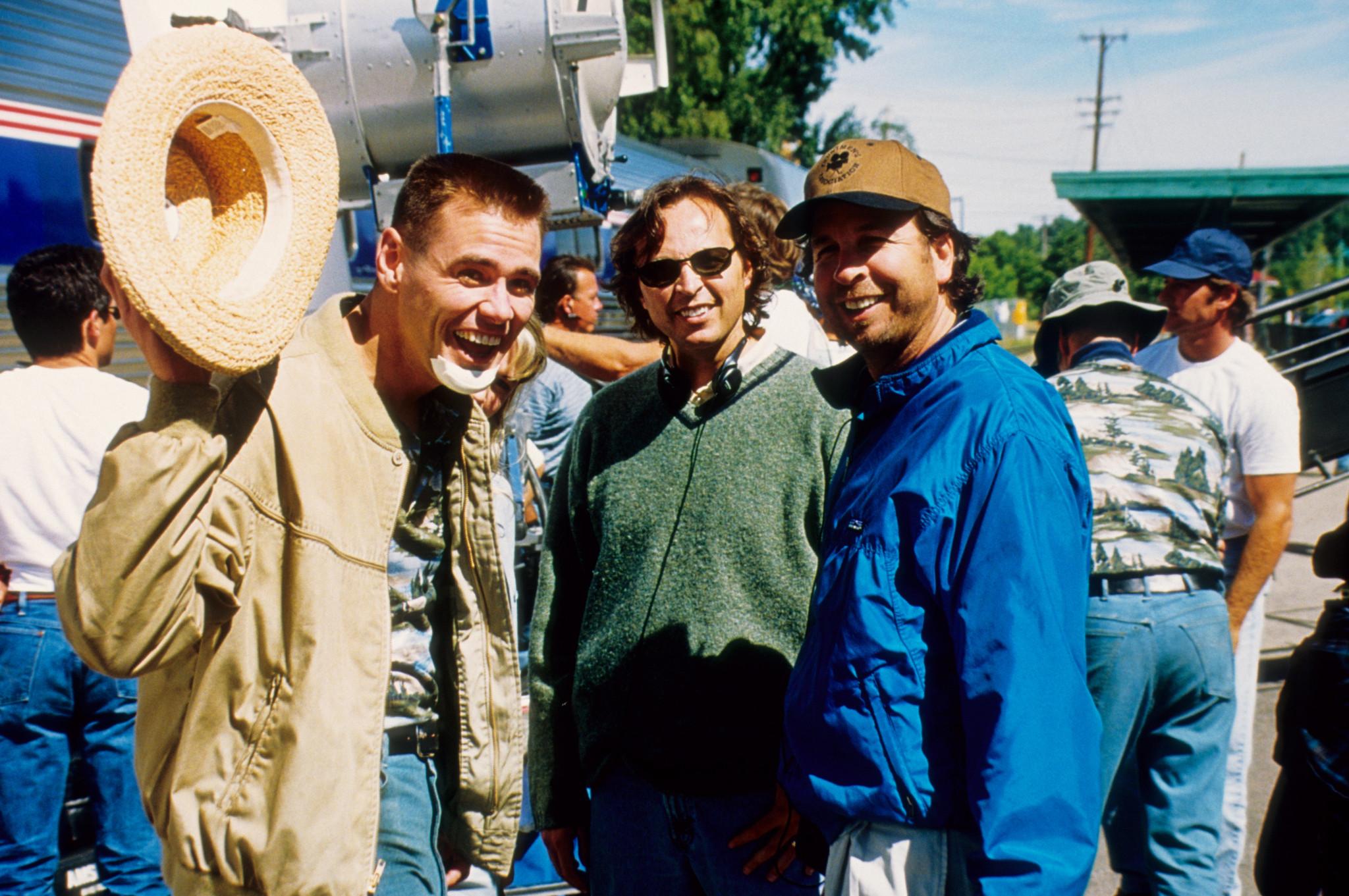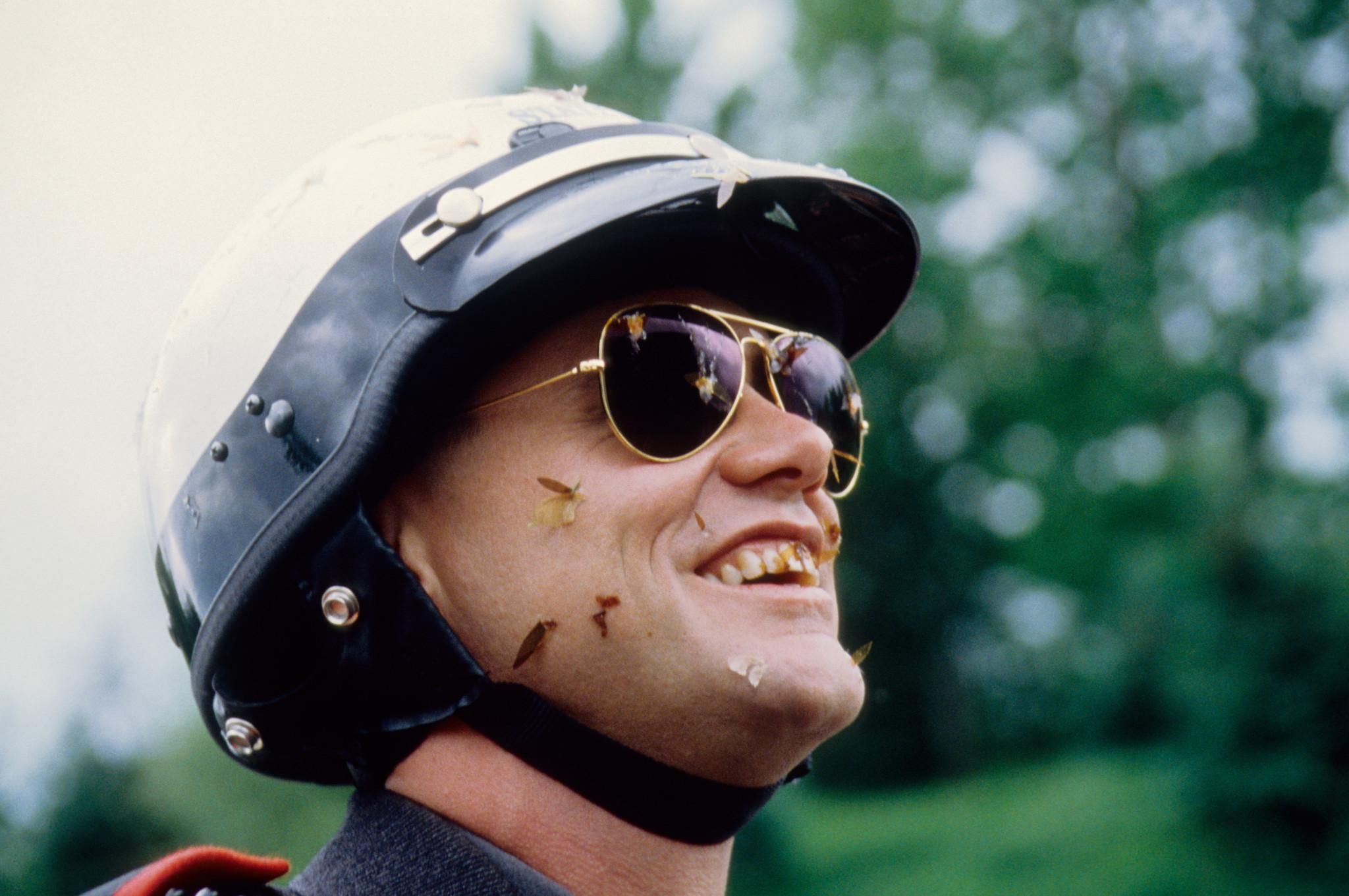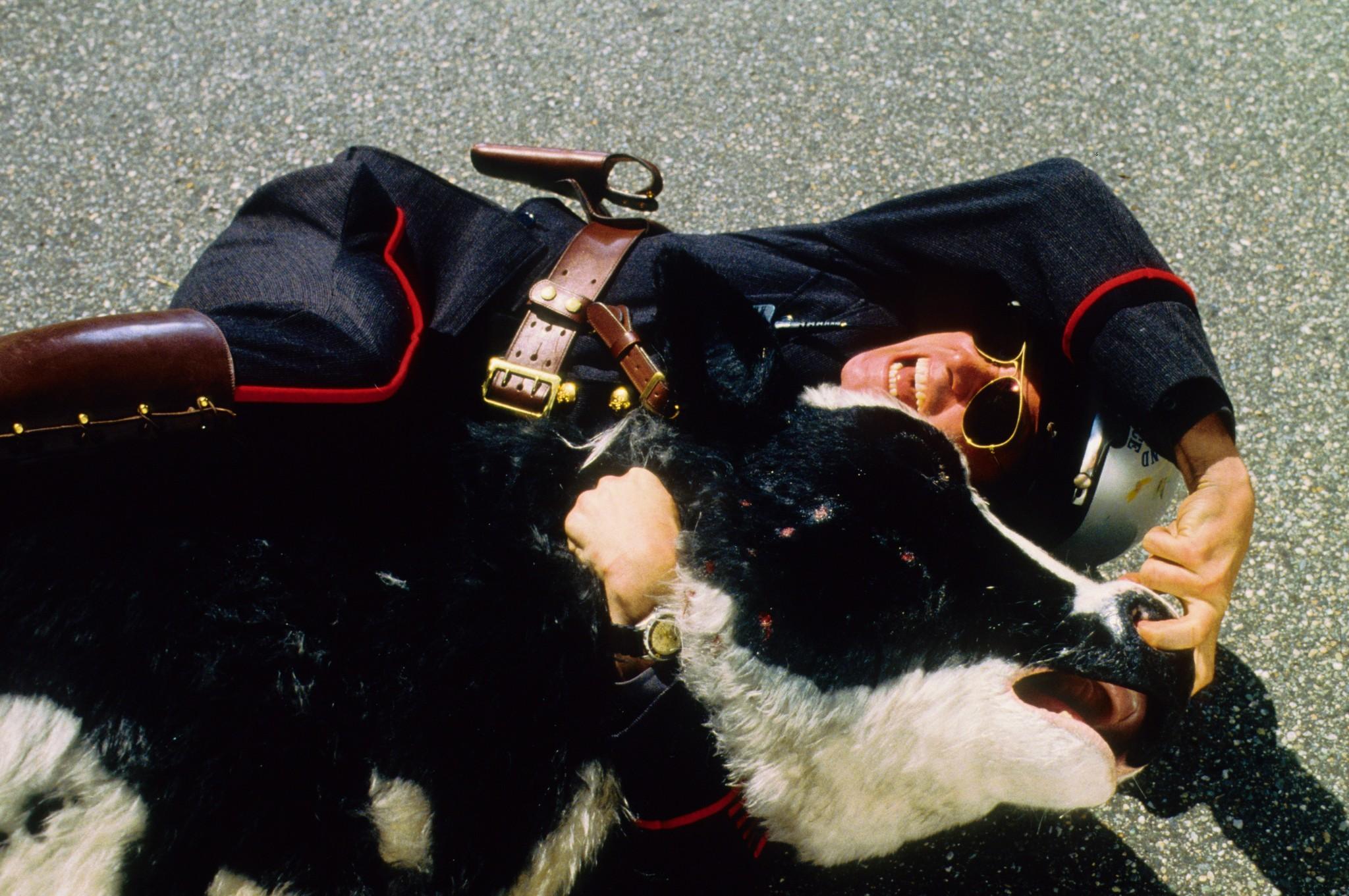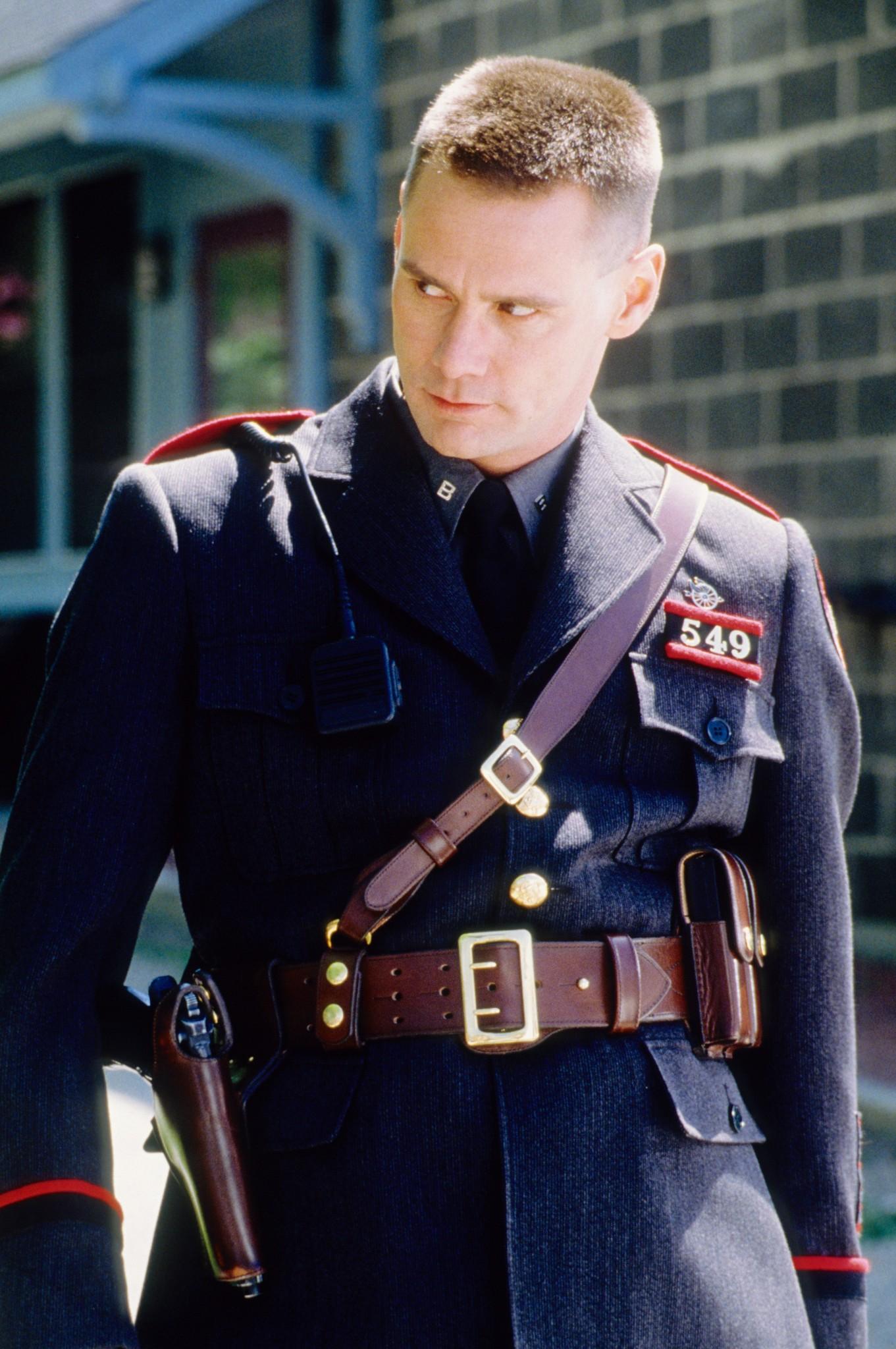Synopsis
Charlie Baileygates, portrayed by the inimitable Jim Carrey, is a seasoned Rhode Island State Police trooper with nearly two decades of service under his belt. Despite his authority, Charlie is frequently taken advantage of by friends and neighbors who see him as nothing more than a pushover. Life with his wife Layla (Traylor Howard) takes a fateful turn when she betrays him with a dwarf limo driver named Shonte, played by Tony Cox. After Layla absconds with Shonte, leaving Charlie to raise three witty African American sons, his resilience is tested over the years. Amid this chaos, Charlie's gentle nature continuously subjects him to manipulation and ridicule from all those around him.
Fast forward 15 years, and Charlie is still grappling with the aftermath of his wife's infidelity, raising his now hefty, foul-mouthed sons who share Shonte's genius minds. Despite his constant endurance, the moments of disrespect from neighbors and friends eat away at Charlie’s facade, and a sudden encounter with an inconsiderate "soccer mom" triggers the birth of his alter ego, Hank—a brash, ferocious personality that surfaces without warning, seeking revenge for his bottled-up frustrations.
The story takes a thrilling turn as Charlie, at his superior's suggestion, takes a break from the grind to escort Irene Waters, a woman with a concocted warrant against her, from Rhode Island to New York. Renée Zellweger's Irene claims her mobster ex-boyfriend framed her for a crime she didn't commit, embroiling Charlie in a dangerous conspiracy. Her association with shady characters, along with Charlie's neglected medication, ensures that Hank's unpredictable presence is never far. Their journey becomes a hilarious and heartwarming road trip, with Charlie learning to navigate between his two opposing personalities.
Amid a spectacular, media-frenzied chase involving crooked authorities, Charlie’s sons emerge as unlikely allies, eager to assist their beleaguered father. The plot thickens as the mismatched pair of Charlie and Irene deepen their bond, facing formidable foes and untangling the web of deceit spun by her ex-lover. Along with the humorous addition of Whitey, an enigmatic albino with a vivid imagination, the couple speeds towards a dramatic showdown where Charlie must reconcile with his fears and forge a singular identity—one that balances Hank’s audacity with his innate kindness.
This zany escapade touches on themes of identity, loyalty, and redemption, as Charlie learns that standing up for himself might just be the key to reclaiming control over his life. With his sons rallying to his side, the stakes culminate in a nail-biting confrontation. True to form, the film closes with a heartwarming twist and signature comedic flair, leaving viewers entertained while pondering the boundaries of self-assertion and the courage to embrace all facets of oneself.
Argument
In "Me, Myself & Irene," we delve into the life of Charlie Baileygates, a man whose character arc illustrates the dangers of repression and the power of dual identities. For 18 years, Charlie has dutifully served as a police officer for the Rhode Island State Police. However, his personal life starkly contrasts with his professional image. Living by the tranquil waters, Charlie embodies a persona pushed around by those around him. His life takes a significant turn when his wife, Layla, betrays him with Shonte, a dwarf with a remarkable intellect. Shonte, ironically serving as a limousine driver, holds a position of academic prestige as a molecular genetics professor, which fuels Layla’s decision to desert Charlie for him.
Despite the blatant infidelity, evident in the birth of three sons who starkly contrast Charlie’s ethnicity, he remains in denial of his wife's disloyalty. His friends’ attempts to enlighten him fall on deaf ears. The abandonment leaves Charlie alone, raising these sons, who reflect the same genius as their biological father. The boys’ ingenuity is displayed when they attempt constructing an aircraft from household items, illustrating not just a shared intellect but the vibrancy of their characters fostering an amusing yet poignant scenario.
The narrative then leaps fifteen years forward, chronicling Charlie's struggles of being a pushover, a condition exacerbated by his lifelong refusal to confront adversities. His community's unashamed exploitation of his passivity further entrenches him in a life of humiliation, displayed through the harassment he faces, from theft of his morning newspaper to the alleged defamations by his neighbors. This extensive and unrelenting denunciation depicts a community apathetic to Charlie’s authority, underscoring his weakened status as a police officer.
Charlie's repressed emotions eventually culminate in the creation of "Hank," a brash alter ego embodying his deep-seated frustrations and urge to retaliate. Hank's emergence marks a pivotal turn in Charlie's life, wreaking vengeance on those who humiliated him. This split personality develops into a cinematic metaphor for unchecked emotions and unresolved traumas manifesting in dramatic, often disastrous ways. The diagnosis of "advanced delusional schizophrenia with involuntary narcissistic rage," prescribed by a psychiatrist, unveils Hank as more than just a humorous plot device: he embodies the psyche fractured by prolonged emotional neglect.
Charlie's life is further complicated by Irene Waters, who turns his world upside down. Captured for an alleged hit-and-run used by her ex-boyfriend Dickie to conceal his own illegal dealings, Irene is placed under Charlie's custody. Colonel Partington sees this neoteric task as a break for Charlie and an opportunity to transcend his past. However, the supposed vacation spirals into a chaotic chase of survival and evasion from hitmen hired through Dickie's corrupt connections.
The growing media attention around Irene’s case and the subsequent chase enhancesthe film's comedic tilt, yet beneath lies a deeper commentary on identity, justice, and redemption. Charlie's unreliability, thanks to his neglect of the medication restraining Hank, intensifies the complexities of navigating their circumstances. Soon, Irene finds herself drawn to Charlie's genuine, albeit fractured, personality, while Hank’s abrasive nature serves as a bothersome wrinkle in their budding relationship.
The journey back to New York accentuates the character development, reflecting on the myriad themes of self-discovery and emotional liberation. It is further accented when Charlie and Hank combine forces to save Irene from Dickie. This climactic battle at the bridge serves as a potent metaphor, portraying Charlie literally and figuratively confronting his innermost fears, ultimately leading to Hank’s permanent dissolution. The synthesis of Charlie and Hank’s personas symbolizes a resolution of his inner conflict, with persisting gestures from his past, such as a lost thumb, humorously echoing how the past leaves indelible marks.
The concluding scenes encapsulate redemption and the reclaiming of identity as law enforcement acknowledges Charlie’s contribution to justice, marking an inversion of the derision he used to feel. When Irene accepts Charlie's proposal amid applause and recognition, it signifies not just a romantic resolution but an acceptance of self. The concluding scene, featuring the comedic misadventure of retrieving Charlie's severed thumb, offsets the film's deep-seated commentary with levity, encapsulating the film’s tonal oscillations between humor and poignancy.
Cast

Jim Carrey
Charlie

Renée Zellweger
Irene
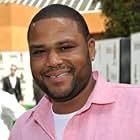
Anthony Anderson
Jamaal

Mongo Brownlee
Lee Harvey

Jerod Mixon
Shonté Jr.
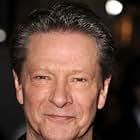
Chris Cooper
Lieutenant Gerke

Michael Bowman
Whitey
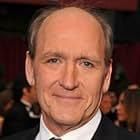
Richard Jenkins
Agent Boshane
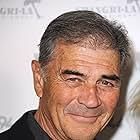
Robert Forster
Colonel Partington

Mike Cerrone
Officer Stubie

Rob Moran
Trooper Finneran

Daniel Greene
Dickie Thurman

Tony Cox
Limo Driver

Andrew Phillips
Lee Harvey - Age 9

Jeremy Maleek Leggett
Jamaal - Age 9

Justin Chandler
Shonté Jr. - Age 9

Zen Gesner
Agent Peterson

Steve Sweeney
Neighbor Ed
Multimedia
